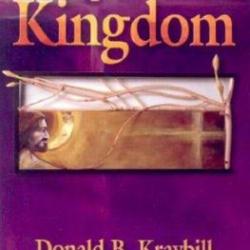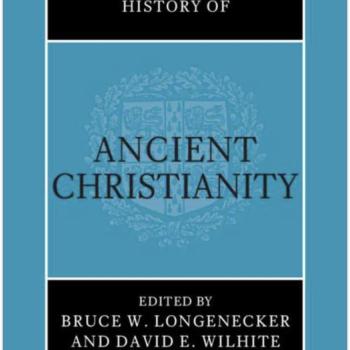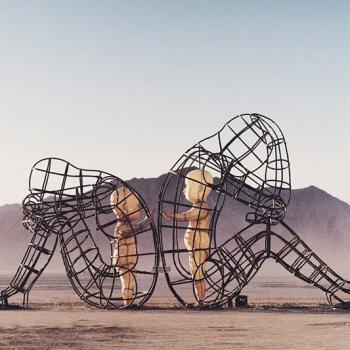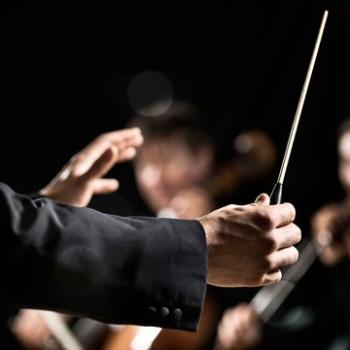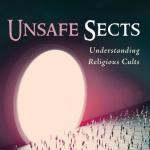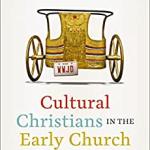
Self is an interesting concept from a Christian point of view. On the one hand, the Bible exhorts us to prioritise the needs of others over our own. Philippians 2:3-4,
Do nothing out of selfish ambition or vain conceit. Rather, in humility value others above yourselves, not looking to your own interests but each of you to the interests of the others.
On the other hand, Jesus taught that loving ourselves is the essential foundation for loving others when speaking of the greatest commandments. Mark 12:31,
The second is this: ‘Love your neighbour as yourself.’ There is no commandment greater than these.”
It follows that if we are to love our neighbours as ourselves, we must first love ourselves. If we hate, look down on, or endlessly criticise ourselves, we will inevitably do the same to others. It’s important to remember that each of us is fundamentally worthy of love because God doesn’t make trash. Psalm 139:14,
I praise you because I am fearfully and wonderfully made; your works are wonderful, I know that full well.
After all, we all carry the image of God. Genesis 1:27,
So God created mankind in his own image, in the image of God he created them; male and female he created them.
Working on the basis that every human being is fundamentally worthy of love, I want to look at how a sense of self can be developed in a wholesome, healthy way that supports personal wellbeing as well as the wellbeing of the communities we belong to. I want to ask the question – how important is it to have a clear sense of who we are as individuals and to nurture that core identity?
Caging the Soul
It’s all too easy for a believer to identify only as a child and servant of God. One of my childhood friends was a fantastically talented footballer, but he considered the feelings of elation and joy it gave him an idol, distracting him from devotion. He gave up football and caged that part of himself for good.
Personally, I threw my CD collection in the trash as a purported act of obedience to God – an all too common form of self-sabotage in the 80s and 90s, encouraged by many Christian youth leaders. Music is a massive thing for a teenager, helping them develop a sense of who they are, what groups they belong to, and how they feel about the world they’re emerging into. Such was the nature of my indoctrination that I was willing to crush all those nascent parts of me, devaluing the happiness and self-discovery music had awakened. I’m sorry to say it, but self-harm starts early in the Church.
In my early twenties I became obsessively spiritual, prioritising spiritual activities above everything else. My intensity became a prison, keeping me from enjoying even simple pleasures – I wouldn’t watch a movie or listen to non-Christian music, and even gave up certain forms of silliness that were very much part of my nature. Gone was the sociable, fun-loving young man, replaced by a stern and sombre figure.
I remember the moment the cage door cracked open. I was working alone on an upper deck of the ship I lived on at the time, cleaning the gunwales and deckheads during a long voyage. I paused, taking in the view. The sea and sky were a vivid, deep blue, and the freshly washed white decks were gleaming in the sun – everything I could see was either deep blue or shining white. I was flooded with joy at the beauty of the scene, but swiftly became confused. The enjoyment I knew in that moment felt different to the pleasure I knew in the presence of God. One was light and expansive, the other deep and intimate; one was of the soul, the other of the spirit.
Nothing changed in that moment but my perspective broadened, and I began to question my priorities and lifestyle. These days I’m free as a bird, transitioning between different states without any confusion. We are multifaceted beings, and it’s right to make room for the activities and experiences which bless our hearts.
Losing Yourself in Service
The easiest way to neglect the needs of the soul is to lose yourself in the various forms of service you engage in. For me that’s the service of a husband, stepdad, pet-parent, and writer. For others it might be a form of ministry, a public service role like a teacher or police officer, or anything else done in the service of others. It’s tempting to assign yourself an identity according to these acts of service, rather than according to your natural self – I am an X, rather than I am (your name). It can even seem noble to pour yourself out as a drink offering, but if you don’t actively love yourself, you will lose the ability to love others. Your service will be undermined and lose its effectiveness, becoming a misery over time.
Finding Ourselves in Self-Care
If we learn to love ourselves, we will do a much better job of loving others, including our families and church communities. This begs an obvious question – what does loving ourselves look like?
The answer will be personal to each individual. For me, it means identifying who I am at my core and feeding those aspects of my nature. I’m highly creative, so loving myself means leaving time to write about topics I’m passionate about, or perhaps making progress on a novel. I love to read, so loving myself means prioritising a little time in a café with a book, a window seat, and a hot drink. Like many (I hope most!) people, I’m greatly refreshed by time in nature. Making time for this is relatively simple, as it’s something I can do with the family. Lastly, I love being part of a community, which means actively pursuing that goal rather than getting caught up in the endless grind of earning money.
If I meet those needs, I become a better, fuller version of myself and have more to give to my family and others. If I neglect those core aspects of my nature, I become smaller and less joyful, with a depleted ability to serve.
What about you? What forms of service do you engage in? How much of your time is consumed by them? Does your service leave room for self-care? Do you identify with your service or are you aware of a simpler, more organic ‘self’? What simple pleasures refresh and revitalise you? How can you make more time and space to pursue them? It’s only right that we value the forms of service in our lives, but finding a balance between our own needs and the needs of others works out best for everyone in the long run.





